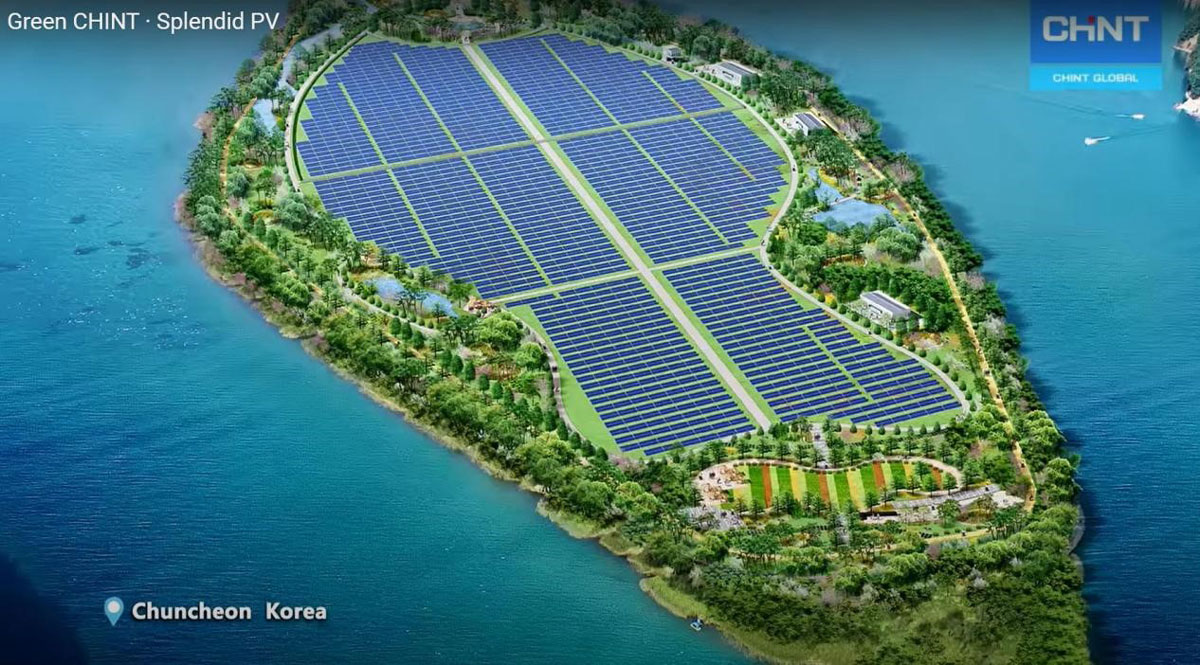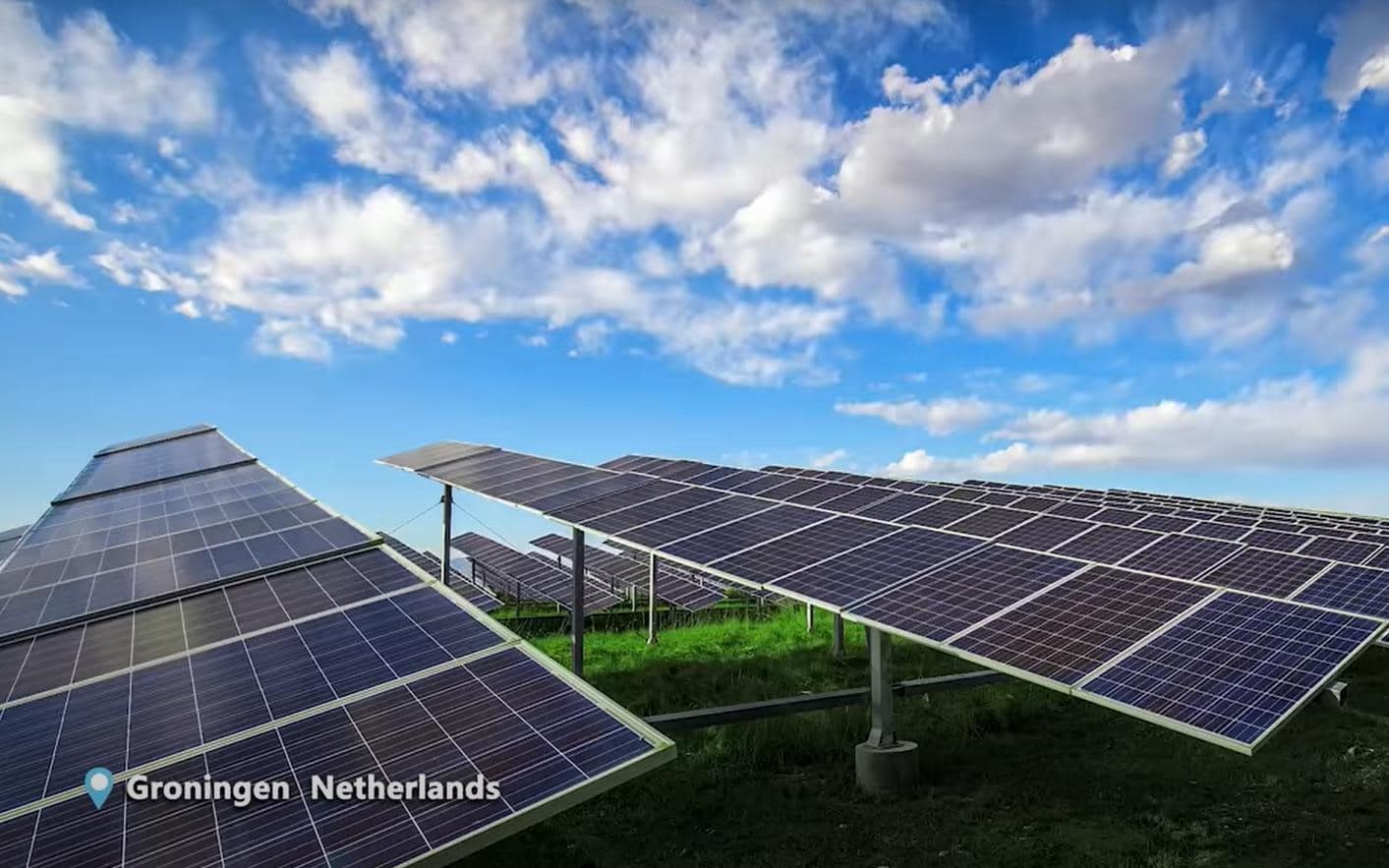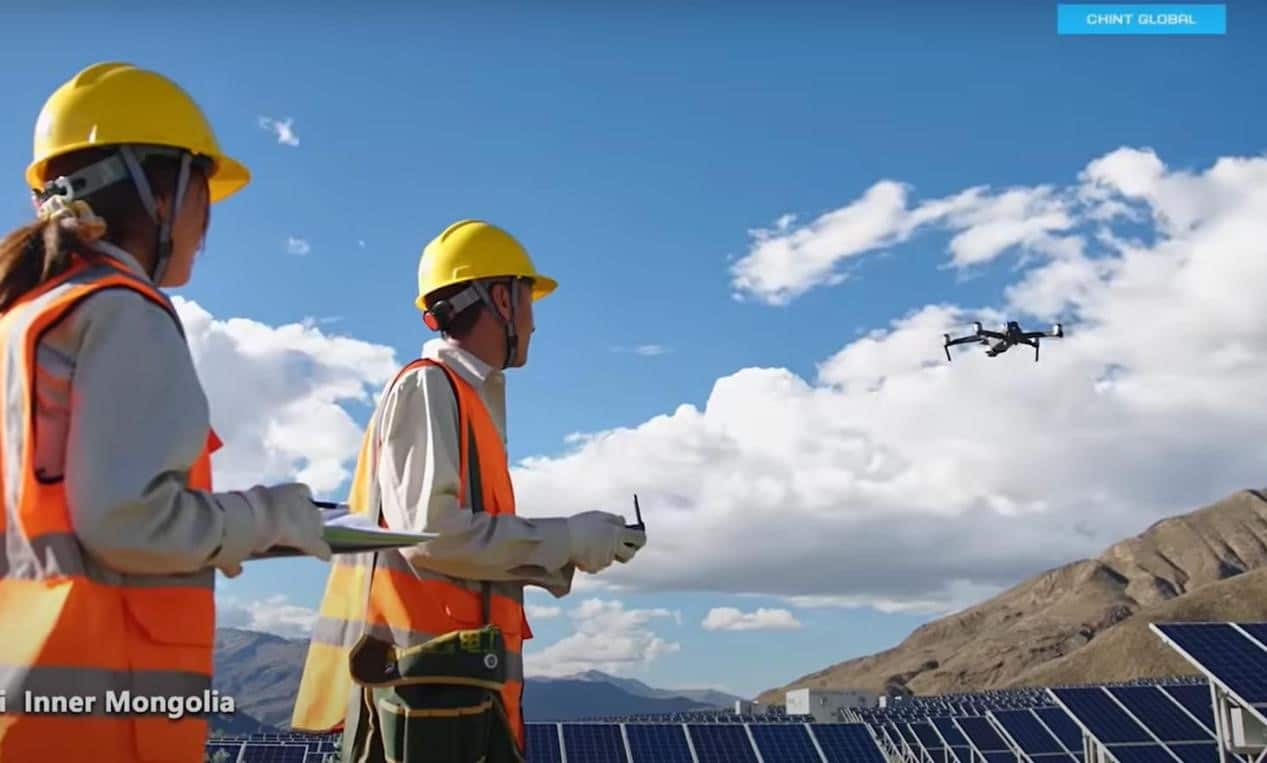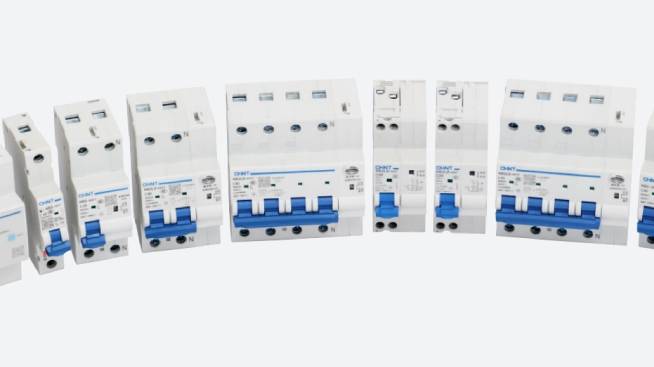Table of Contents |
Electricity is one of the primary necessities that a household needs. Machinery and appliances in this modern time require a lot of energy to work and function. One of the most common dilemmas that a household has is the gradual increase of the charge in their electricity.
With that, solar PV module or simply known as solar panels have become a recurring trend to a lot of house owners. In some other countries, PV module or solar panels are also used in areas where it is hard to find electricity.
Solar panels are known for their various terms such as solar cell panels, PV module, and solar electric panels. All of these terminologies, all boils down to the main purpose of a solar panel which is to produce free electricity. To create and give energy, the solar panels are getting these from the sun with the help of their photovoltaic modules.
Now, you might be wondering if these solar panels can produce electricity when it is cloudy? The answer is yes, it would still produce energy but in a limited amount. On the other hand, solar panels of PV module do not work at night.
Are you now thinking of switching to solar panels? In this article, we will help you to know more and to have an in-depth understanding of the PV module.
What is PV module?
You might be questioning, what is PV module? A PV module is also known as photovoltaic modules. A photovoltaic module is used as an energy power system, its function is to provide feasible energy and solar power through the use of the photovoltaics feature.
PV modules help absorb energy from the sun’s rays and generate it as electrical power.
Each photovoltaic modules are ranging from different sizes and each of these sizes is equivalent to a certain amount of kilowatts and energy that it can take and generate. You can choose between the two choices of small PV modules which are the rooftop-mounted or building-integrated PV modules.
There are also large PV modules that are more suitable for utility power sites. Make sure to check first your roof to know what size and capacity of solar energy does your house needed.
PV module or solar panels can be last for 25 to 30 years, this only means that investing in a quality PV module is suitable for long-term uses.
What is PV array?
PV array is the short term used for the photovoltaic array. If a PV module is used to absorb and generate electricity, the PV array on the other hand is the full energy generating equipment that is composed of a different number of panels of a PV module.
PV array is connected and that is the reason why the PV module can function and can produce electricity. Each small PV array is composed of one module.
A PV array only produces one standard size which is 156 mm x 156mm.
To sum up the idea, a PV array is an interconnected PV module that helps it to gain energy from the rays of the sun and transmit it as electricity.
What is the difference between PV module and PV array?
Originally, a solar panel consists of three different mechanisms which are the cells, module, and array. The solar cell is the primary element of a panel that helps the photovoltaic to process the absorption of energy from the sun. The solar cells are the ones needed to acquire a good amount of energy.
PV module or the solar panel itself is where the solar cells are being accommodated. This is where the solar cells are placed to have the suitable amount of energy kilowatts or the electricity voltage.
On the other hand, is the PV array in which the solar PV modules or the panels are being linked or interconnected with each other to gain the desired amount of energy voltage and to transmit it to the panel.
Overall, each of these elements has its function and it can be concluded as well that the three elements are dependent on each other when it comes to operating. Each of them is useful and has a vital role to play in absorbing and generating energy.
CHINT PV module products
So, if you are looking for high-quality and affordable solar panels, the CHINT solar panel is here to provide you with the quality solar panels that you want.
CHINT has a wide range of selections of solar panels that are suitable for your building or even for your own home. You can browse our official website for the different types of solar panels that we offer.
We ensure that we are using only high-graded materials in our solar panels. Still, we guarantee you that CHINT’s solar panels are affordable and at a good price.
The CHINT solar panels have already established a good service when it comes to giving affordable yet excellent conditions of solar panels. Here is CHINT, we are committed to providing you with energy and electricity.
Conclusion
To sum it all up, solar panels are one of the innovative inventions that a man has ever made. Solar panels or PV module helps in saving not just the electricity bill but also has a good effect on the environment.
Solar panels are very useful especially in areas where it is hard to find electricity. With the use of the sun’s rays, you can enjoy a good amount of energy and electricity.
Therefore, if you are planning on installing a solar panel in your building or home, make sure to know all the basic information about solar panels. Keep in mind the three elements of a solar panel which are the solar cells, PV module, and PV array, and learn the functions of each element.
You can also read the What is the difference between PV module and PV array? a section in this article to recall the differences of each element. Still, you must hire a professional who has sufficient knowledge about solar panels and knows how correctly install solar panels.
We hope that this article helps you to learn everything about solar panels.
















